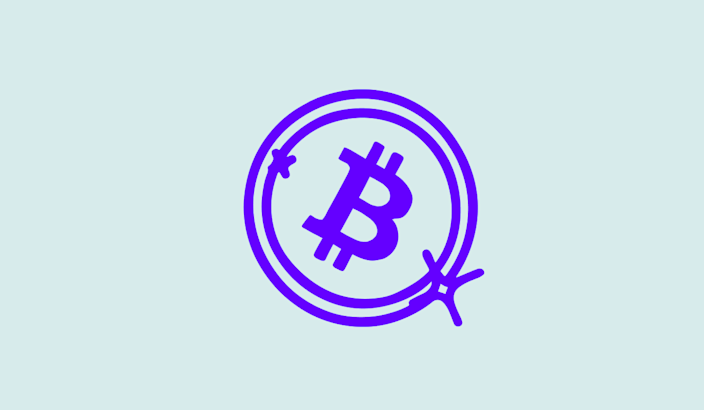What is Bitcoin Cash?

What is Bitcoin Cash and how is it different from Bitcoin? Bitcoin cash is a product of one of the largest debates that ever have occurred within the Bitcoin community. The debate was regarding the block-size in the Bitcoin network, you could say that it was two sides, one side that was a proponent of large blocks and one that wanted to keep the block size small.
Why does the block size matter and what is the difference between large blocks and small blocks? If you increase the block size: This means essentially that each block can contain more transactions. An example, if one block is limited to 1 MB, that could hypothetically mean 10 000 transactions, if a block is created every ten minutes the transaction per second would be 10 000/600 = 17. If you increase the block size to 10 MB, you will essentially increase the transaction throughput tenfold. So the pros of increasing the block size is that Bitcoin's transaction speed remains high, and the network fees remain low, hence, you could argue that it fulfils the requirements of being a digital cash system.
This sounds like a good thing, so why would you not do it? The drawbacks of this are that it could potentially centralize the node validation. Why may you ask? Well, if the block size becomes too large you increase the data requirement needed to become a node operator. One pathway of doing this is that it could limit the node operators to primarily being large corporations due to the size of the dataset required. This would increase the barrier as well as the equipment requirement and result in more centralization.
Bitcoin cash, is a fork of Bitcoin (network split), the difference is that Bitcoin cash has significantly larger blocks than Bitcoin have, and that is the difference between the assets. Bitcoin and Bitcoin Cash servers different roles, Bitcoin Cash is more feasible for everyday use, like purchasing coffee or food. Bitcoin could be seen as a store of value due to its high security and decentralization, but it has however slower processing times, which will make it reluctant to use in everyday purchases.
So in the end, the difference between Bitcoin Cash and Bitcoin is decentralization VS transaction throughput. If you do not think that there are any other ways of scaling blockchains than increasing the block size, then you might be interested in Bitcoin Cash. Bitcoin cash has not seen the same adoption and usage in everyday life as Bitcoin has, this could change in the future. If people would value faster processing time and lower processing fees, that could pave the way for Bitcoin Cash.